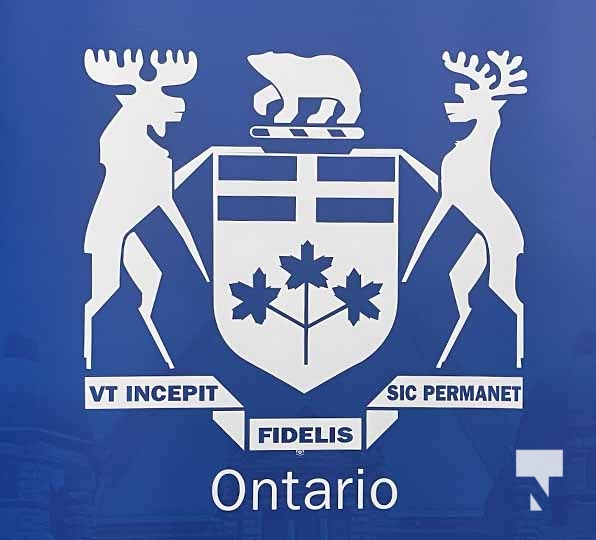Premiers sign deal to move Canadian energy, critical minerals to new markets
On Tuesday, July 22, 2025, Ontario Premier Doug Ford and Alberta Premier Danielle Smith welcomed Saskatchewan Premier Scott Moe in joining the Memorandum of Understanding (MOU) to build the new pipelines, rail lines and other energy and trade infrastructure necessary to bring Ontario critical minerals and Western Canadian oil and gas to new markets.
“As the world grapples with President Trump’s unfair tariffs, it’s more important than ever to build a resilient and self-reliant economy here at home,” said Premier Ford. “This agreement sends a clear message: Ontario, Alberta and Saskatchewan are ready to get shovels in the ground and move forward on projects that will secure our long-term prosperity.”
Today’s MOU calls for the new pipelines to be built using Ontario steel along a route that will connect western Canadian oil and gas to new and existing refineries in southern Ontario, as well as a new deep-sea port in James Bay. The MOU also calls for new rail lines, also built using Ontario steel, to connect critical mineral deposits located in Ontario’s Ring of Fire region to ports in Western Canada.
“We are sending a clear signal that Canada’s energy future will be built by Canadians, for Canadians,” said Premier Moe. “This agreement commits our provinces to work together to unlock new markets, shore up our supply chains from mine to port and advocate for the federal reforms our industry needs. By advancing pipelines, rail connections and critical-mineral processing capacity, we are safeguarding thousands of jobs, strengthening our energy security and fostering sustainable growth.”
Under the agreement, Saskatchewan joins Ontario and Alberta in a coordinated effort to accelerate the development of major nation-building projects. This initiative reflects a shared commitment to supporting workers and industries across provincial boundaries while reducing Canada’s reliance on any single trading partner.
“We’re taking action to grow our economy, build real infrastructure and get major projects moving,” said Premier Smith. “Alberta is proud to lead the way in uniting with provinces that share a vision for responsible development, economic freedom and common sense. We’re standing up for our oil and gas sector and making sure our world-class resources reach the markets that need them. Together, Alberta, Ontario and Saskatchewan are showing what’s possible when provinces step up. This agreement is about building a stronger, more connected Canada, one project at a time.”
As part of the agreement, the three provinces will advocate for a more competitive federal regulatory environment alongside an updated federal review process based on the “One Project, One Process” principle with deference to provincial processes. Each province also reaffirmed its commitment to fulfilling its duty to consult with Indigenous communities and to support meaningful participation in economic opportunities for Indigenous communities and proponents, including through equity partnerships in major projects.
Today’s MOU builds on Ontario’s leadership in strengthening internal trade and expanding economic cooperation. Since April 2025, Ontario has signed 10 MOUs with other provinces and territories to reduce internal trade barriers. Ontario recently passed the Protect Ontario Through Free Trade Within Canada Act, making it the first jurisdiction in Canada to eliminate all party-specific exceptions under the Canadian Free Trade Agreement.
Quick Facts
- The total value of annual interprovincial trade between Ontario and Saskatchewan for 2021 (the most recent year for which figures are available) was $15 billion.
- In 2023, Ontario exported $183.9 billion of goods and services to other provinces and territories and imported $142.7 billion, resulting in two-way trade of $326.6 billion and a trade surplus of $41.2 billion.
- Ontario recently launched its $50 million Ontario Together Trade Fund to assist local businesses in taking advantage of new interprovincial trade opportunities.
- Thirty-five per cent of Canada’s overall trade takes place within its own borders.
- Ontario is committed to fulfilling its duty to consult with Indigenous communities, while supporting their involvement in nation-building projects with historic funding to help Indigenous communities become equity partners.























